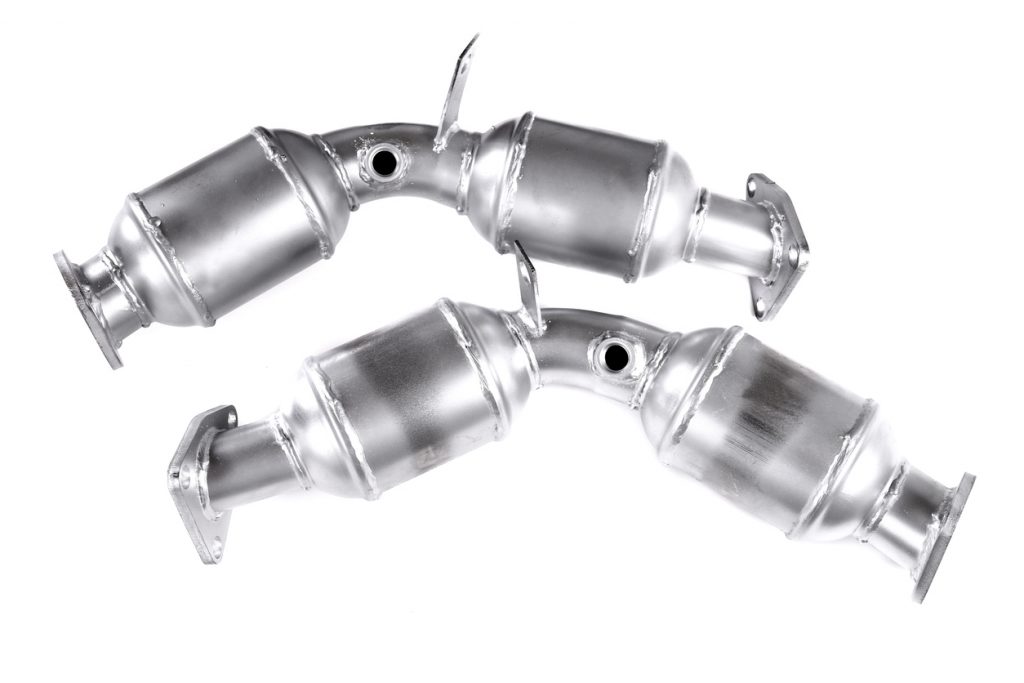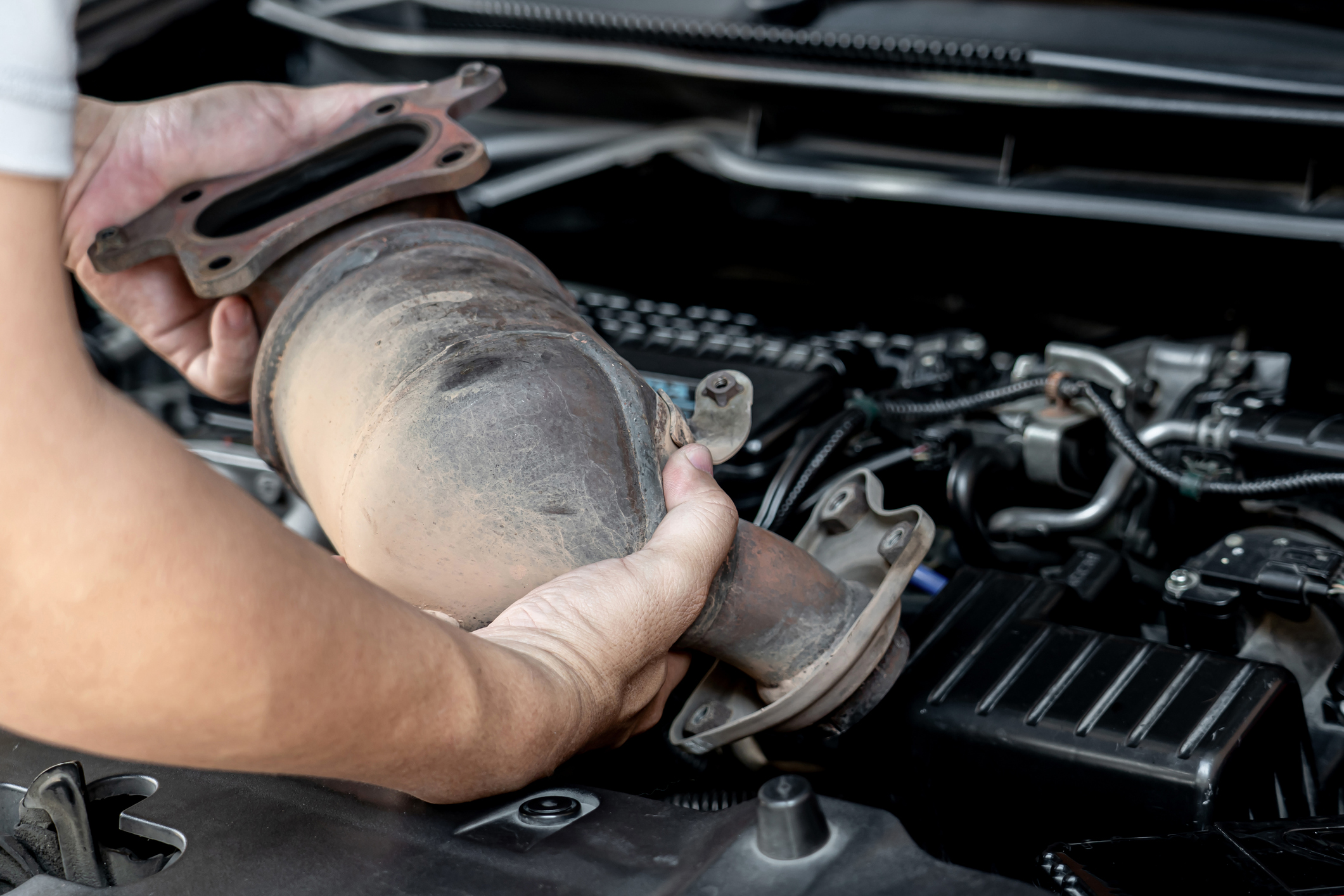
Catalytic converters are a major component of a vehicle’s emissions system and reduce the amount of pollution emitted by the vehicle. Catalytic converters essentially can transform hydrocarbons, carbon monoxide, and nitrogen oxides into water vapor and carbon dioxide. Over the past few years, you may have seen in the news that there has been a rapid increase in the theft of catalytic converters due to the precious metals that comprise them. Lawmakers have taken notice and have introduced myriad catalytic converter theft legislation.
Arizona
HB 2652 passed the Arizona Senate and is awaiting consideration by the House. The legislation would limit purchasing and selling used catalytic converters, including any nonferrous catalytic converter parts. The bill would also prohibit someone from soliciting, advertising, or possessing a used catalytic converter or any nonferrous parts of a catalytic converter and require a person who purchases a used catalytic converter to submit an electronic record of the DPS.
California
SB 919 would prohibit a dealer or retail seller from selling a motor vehicle equipped with a catalytic converter unless it has been permanently engraved, etched, or marked with the vehicle identification number (VIN) to which the catalytic converter is attached.
Violations would be punishable by imprisonment in a county jail for up to a year and come with monetary fines depending on how many convictions. A first conviction is punishable by a $1,000 fine, a second conviction by a $2,000 fine, and a third or subsequent conviction by a $4,000 fine.
The bill also prohibits a dealer or person holding a retail seller’s permit to sell a new or used vehicle equipped with a catalytic converter unless the VIN is permanently marked.
Pennsylvania
A state senator recently sent a cosponsor memo to colleagues asking for their support of catalytic converter theft legislation. The bill would outline specific sentencing and treatment requirements for those convicted of catalytic converter theft. The legislation would also require a person convicted of catalytic converter theft while under the influence of a controlled substance to receive substance abuse treatment as part of any sentence imposed by the courts. Lastly, the legislation would require someone convicted of a third or subsequent catalytic converter theft offense to be sentenced to at least one year.
Another bill, HB 2290, would also address catalytic converter theft. HB 2290 would specifically require anyone trying to sell a catalytic converter to a scrap yard to provide the year, make, model, and VIN for the vehicle from which the catalytic converter was removed. The bill would also require the buyer to take a picture of the catalytic converter and its seller at the point of sale and require the buyer to withhold payment for two days after the purchase is complete.
Washington
HB 1815, which passed the Washington state legislature and is now awaiting action by the governor, would call for numerous actions to deter catalytic converter theft. Specifically, the legislation would require Washington State University to convene a workgroup to study and provide options and recommendations to reduce catalytic converter theft in Washington. The bill would also require the Washington Association of Sheriffs and Police Chiefs to establish a comprehensive state law enforcement strategy targeting metal theft, including a metal theft grant and training program. The legislation further calls for the Association to expand their no-buy list database program to include tracking of certain individuals and require additional reporting by grant recipients from the metal.
Latest News
Photo credit: iStock.com/NongAsimo Catalytic converters are a very valuable car part located beneath most motor vehicles. The devices convert harmful pollutants in internal combustion engine (ICE) exhaust gases into less toxic ones. According to David [...]
Photo credit: iStock.com/oxinoxi As we've noted in the past, electric bicycles are becoming increasingly popular, a billion-dollar industry in the United States. Advancements in electric vehicle technology continuously optimize electric bicycles as efficient, eco-friendly modes [...]
Photo credit: iStock.com/Michael Derrer Fuchs State legislatures are working to increase rail safety by improving current regulations and creating new policies to promote safer railroad practices. Such initiatives coincide with federal legislation introduced after hazardous [...]






Stay In Touch